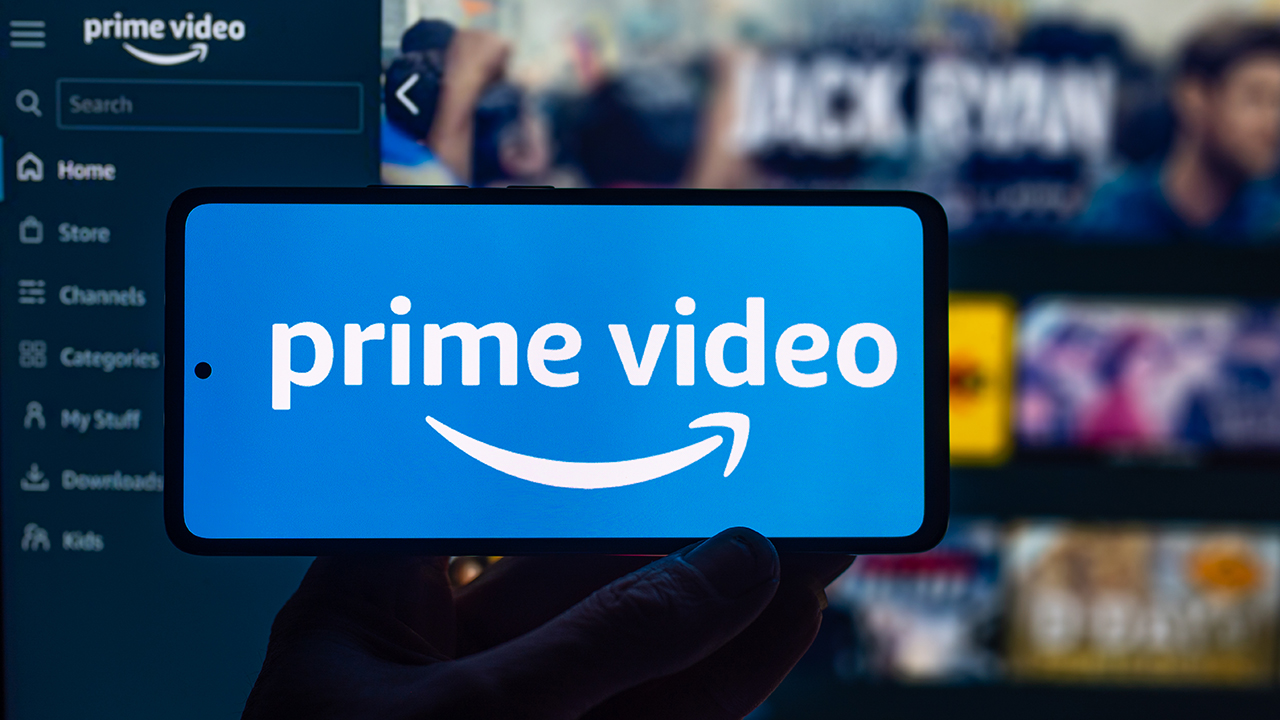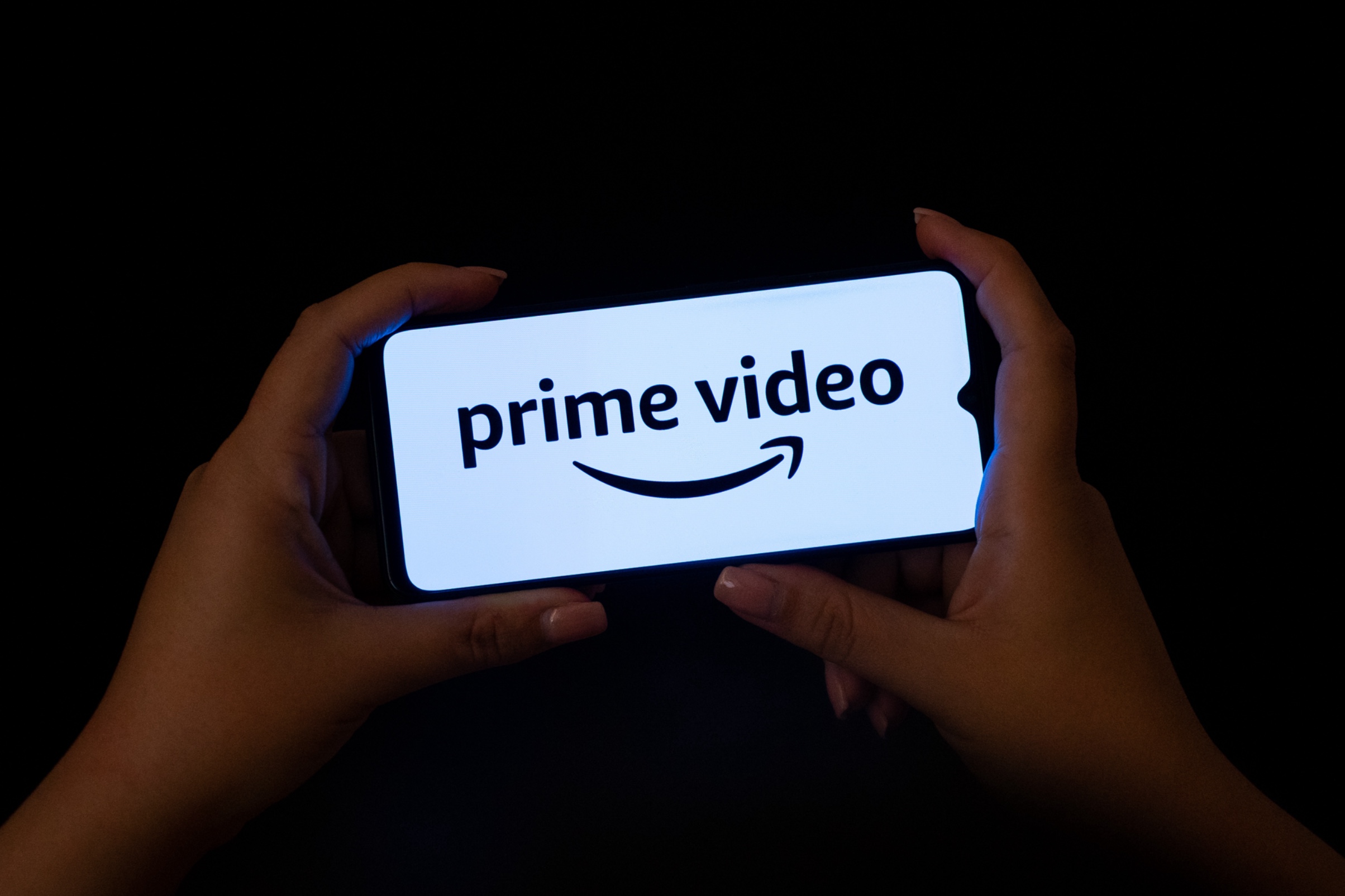In a significant legal battle that could reshape corporate responsibility, Amazon finds itself defending not only its practices but also its top brass in a lawsuit filed by the Federal Trade Commission (FTC). The allegations suggest that Amazon’s sign-up and cancellation processes for its Prime membership may not have been as transparent or as simple as the tech giant has claimed.
These developments follow a recent decision where a US district court rejected Amazon’s plea to dismiss the FTC’s lawsuit, emphasizing the seriousness of the accusations.
The heart of the FTC’s claim accuses Amazon of employing “dark patterns”—intentionally deceptive design practices—to trick consumers into signing up for Amazon Prime without clear consent. The complaint further criticizes the company for making the cancellation of these memberships overly complicated, trapping consumers in a web of subscriptions without easy escape.

Amazon: Detailed Accusations and Corporate Defenses
The legal documents reveal a robust dispute over the clarity of Amazon’s Prime membership process. According to the FTC, the sign-up procedure is riddled with ambiguities, and the cancellation involves a six-click, fifteen-option procedure spread across four pages. Such complexity, the FTC argues, does not equate to simplicity or clarity.
In defense, Amazon insists that its practices are straightforward and that any claims of deceptive sign-up processes are baseless. The company highlights that some of its disclosure practices are even in line with what the FTC recommends, suggesting a discrepancy between the agency’s guidelines and its allegations.
Amazon is being sued after raising Prime Video prices
The lawsuit says it's deceptive to charge $3 extra after advertising Prime was 'commercial free' for years
“Subscribers must now pay extra to get something they already paid for" pic.twitter.com/WADuWnCEFB
— Culture Crave 🍿 (@CultureCrave) February 12, 2024
Judge John Chun’s decision to let the lawsuit proceed sheds light on the potential accountability of individual executives. Chun pointed out that the executives, including Russell Grandinetti, Neil Lindsay, and Jamil Ghani, might have been aware that the sign-up and cancellation processes were potentially misleading to consumers.
This assertion is based on the alleged prior knowledge and direct involvement of these executives in maintaining the controversial systems, even when issues were flagged.
The Role of Executives in Consumer Transparency
One of the more startling aspects of the allegations is Neil Lindsay’s justification of the use of dark patterns in the Prime subscription process. In his view, once customers experience the benefits of Prime, they would likely appreciate the service and choose to remain subscribed, suggesting a form of ends-justify-the-means logic that prioritizes profit over consumer autonomy.

Moreover, Grandinetti’s alleged refusal to modify the Prime enrollment processes in 2018—despite recognition that they frustrated customers—illustrates a possible corporate culture that favors subscription growth over user satisfaction and clarity.
Legal Implications and Consumer Rights
The legal repercussions of this case could be profound, not only for Amazon but for corporate America at large. The notion that executives could be held personally liable for deceptive business practices under the FTC Act could set a precedent that would force many companies to reconsider their consumer interaction strategies, particularly regarding subscription models and terms of service.
As the case unfolds, it will be critical to monitor how the arguments from both Amazon and the FTC develop, particularly in how consumer consent is interpreted and implemented in online platforms. For now, Amazon remains firm in its stance, denying the allegations and expressing readiness to defend its practices vigorously in court.

While the legal battle is set to continue, this case serves as a crucial reminder of the ongoing challenges and responsibilities facing tech companies in managing their operations transparently and ethically, especially when consumer trust and regulatory compliance are at stake.










